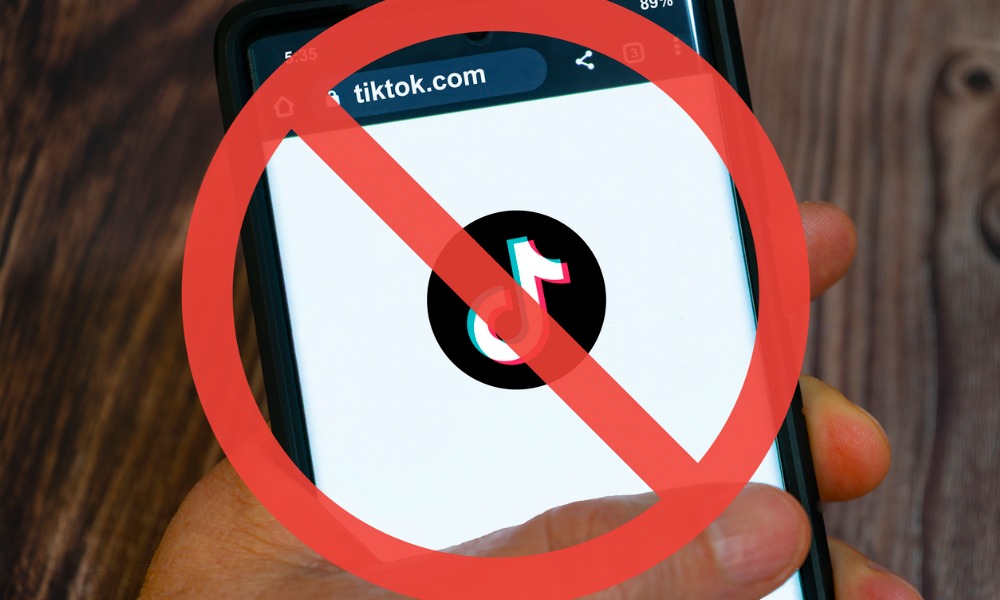
International firm partner and law professor retained by TikTok and content creators, respectively

TikTok and a group of its content creators have retained U.S. Supreme Court lawyers in a case against the U.S. government to challenge a law requiring ByteDance to divest TikTok's U.S. assets or be banned.
A hearing in this case assailing the controversial U.S. law was scheduled before the U.S. Court of Appeals for the D.C. Circuit on Sept. 16, reported Reuters. The appeals court panel comprised circuit judges Sri Srinivasan, Neomi Rao, and Douglas Ginsburg, Reuters said.
Andrew Pincus, a partner at international firm Mayer Brown, was hired to represent TikTok, the popular short video application, and ByteDance, a China-based technology company, said an article by Reuters. Pincus, with 30 U.S. Supreme Court cases to his name, is notable for his class action defence work, the article said.
On the other hand, Jeffrey Fisher was retained to argue on behalf of the content creators, Reuters said. Fisher is a professor at Stanford Law School and special counsel to the Supreme Court and appellate practice group of O’Melveny & Myers, according to his Stanford Law profile. Fisher, who has argued over 40 cases before the Supreme Court, is known for his work in constitutional and criminal law, Reuters said.
Daniel Tenny was listed as representative for the U.S. Department of Justice, said the article by Reuters. Tenny is an experienced appellate lawyer who has argued cases in federal appeals courts on issues such as abortion rights and immigration, the article added.
Covington & Burling, with Alexander Berengaut as lead counsel, was also named as a representative of TikTok and ByteDance, Reuters said. Berengaut co-leads the firm’s government litigation group, Reuters added.
The content creators' legal team included Ambika Kumar, who co-leads the media law practice at Davis Wright Tremaine, according to Reuters.
Last April, U.S. President Joe Biden signed the law, which required ByteDance to sell TikTok's U.S. assets by Jan. 19 if it did not want to be banned, Reuters said. Supporters of the law, including the White House, claimed that the law was meant to address concerns about Chinese ownership of the app and was not intended as an attempt to eliminate TikTok, Reuters added.
However, TikTok and ByteDance countered that the law radically departed from the U.S. tradition of supporting an open Internet, the article said. ByteDance also claimed that a divestiture would be impossible, whether technologically, commercially, or legally, the article added.
Both TikTok and the U.S. justice department requested that the court rule upon the case by Dec. 6, which would enable the high court to determine the case before the imposition of any potential prohibition, Reuters said.